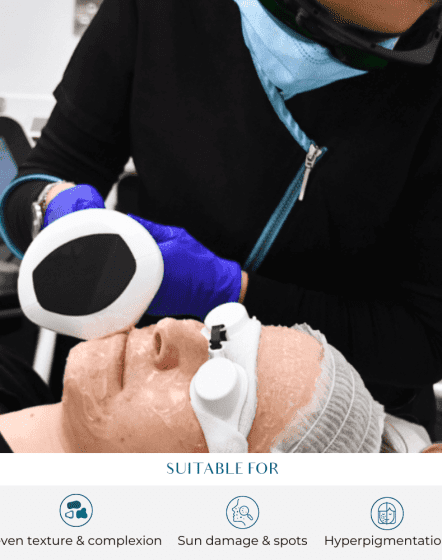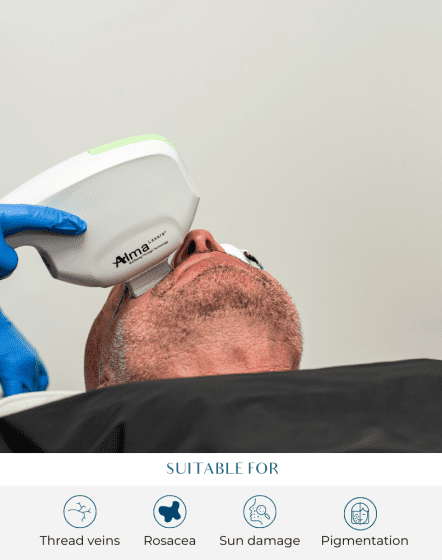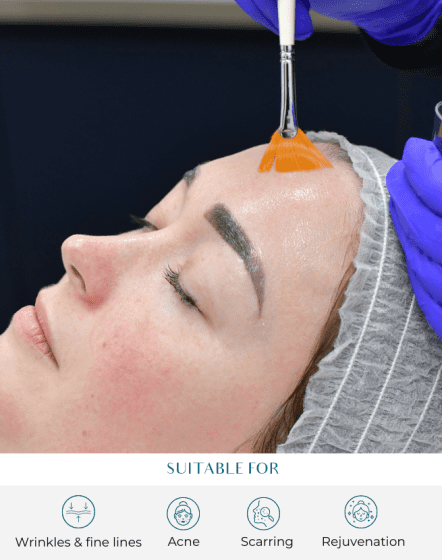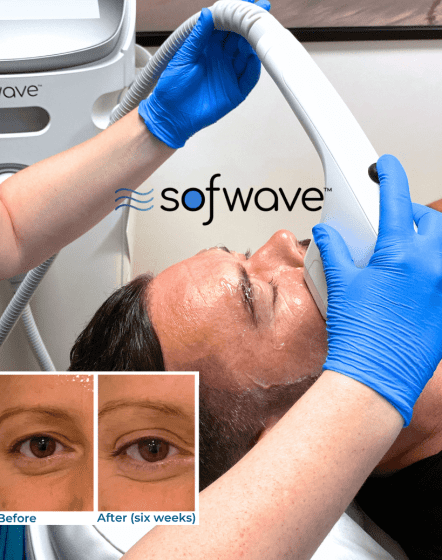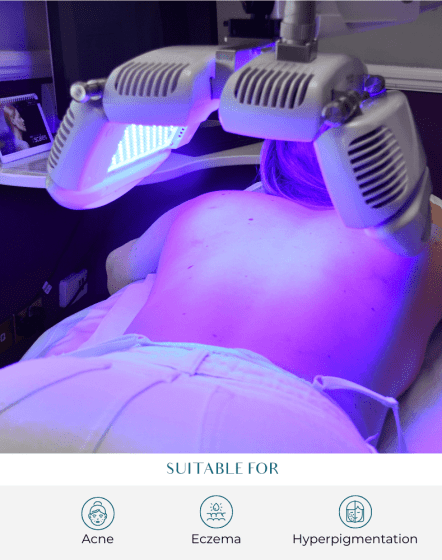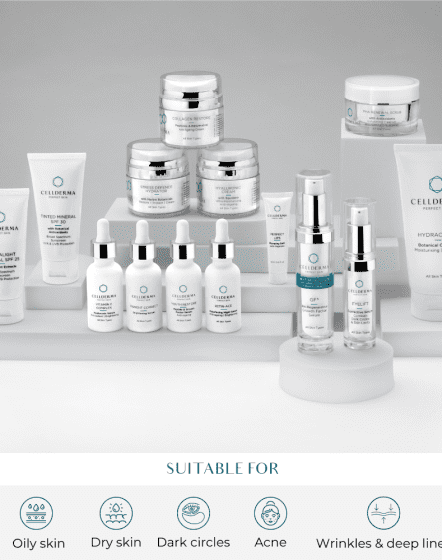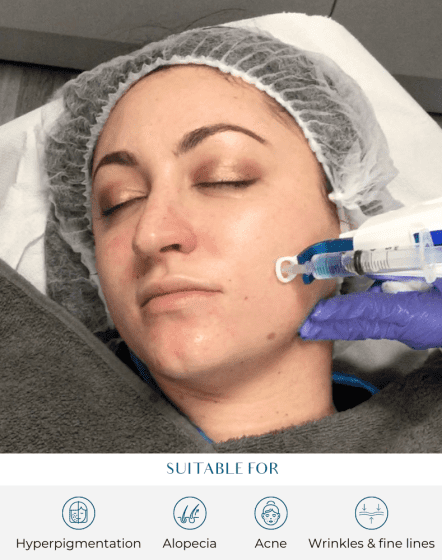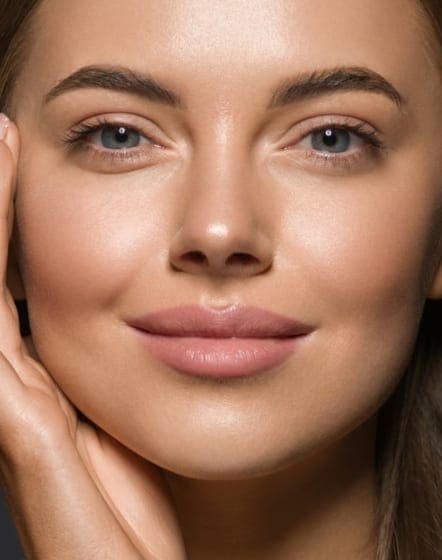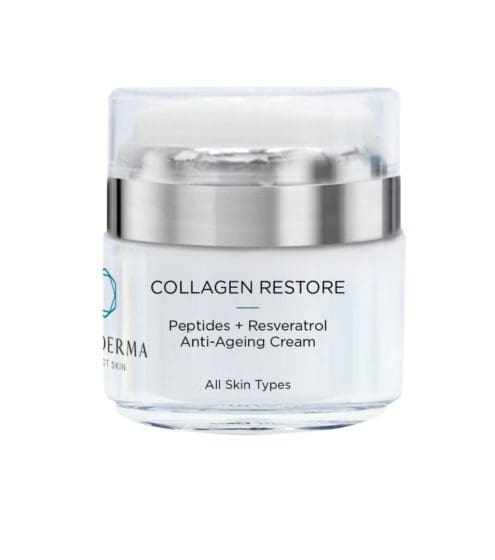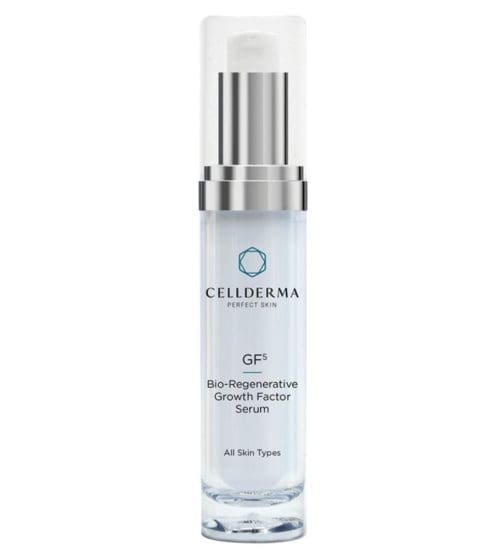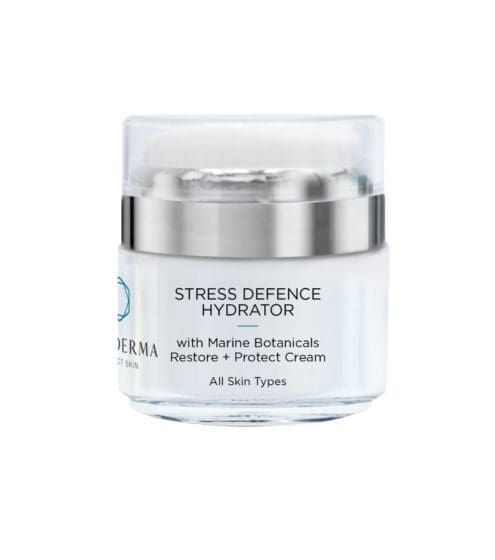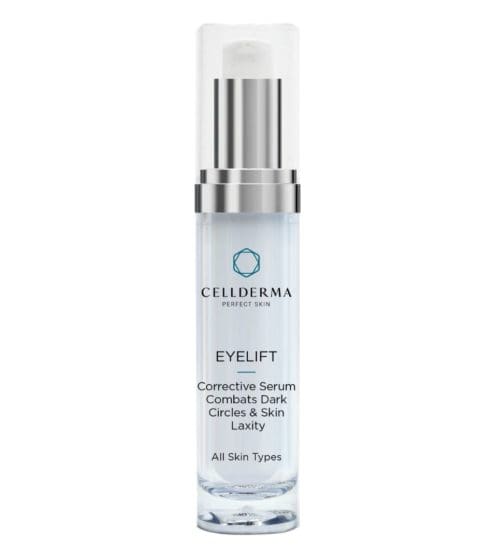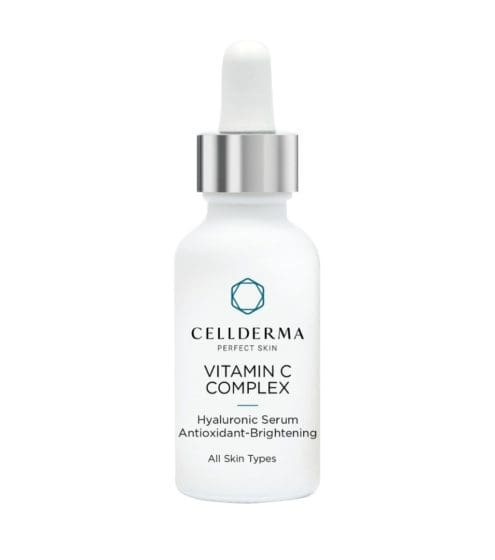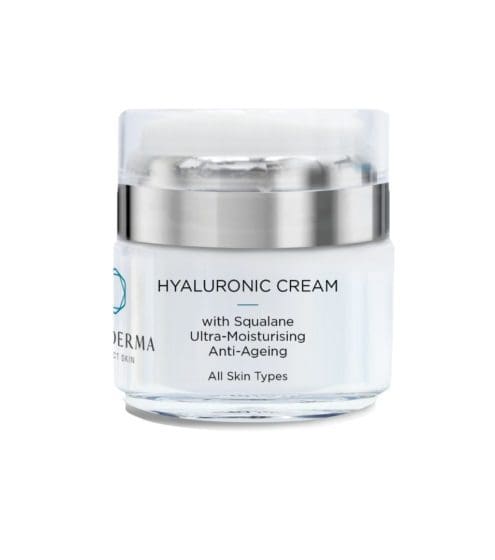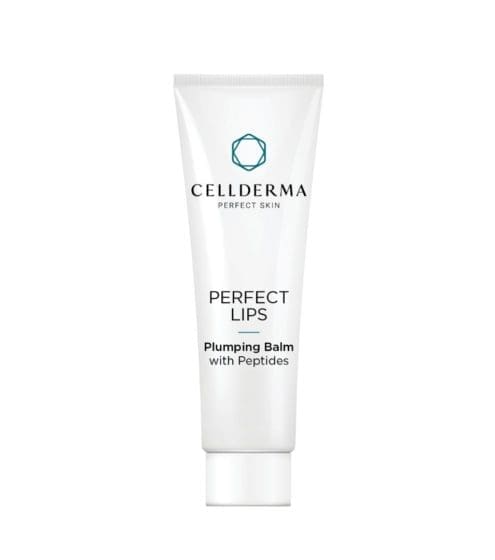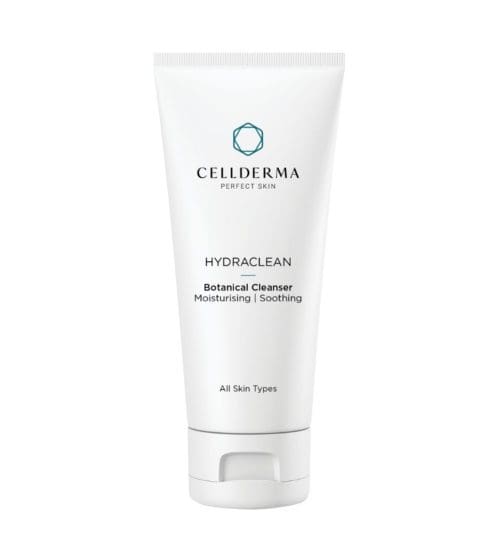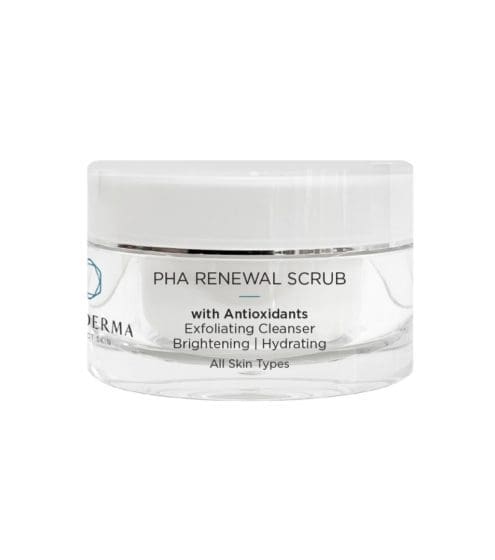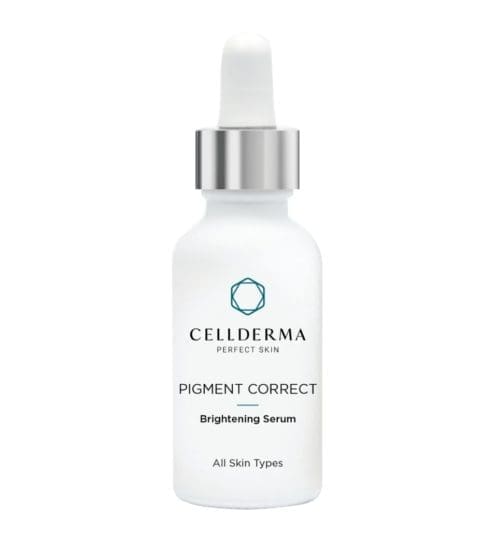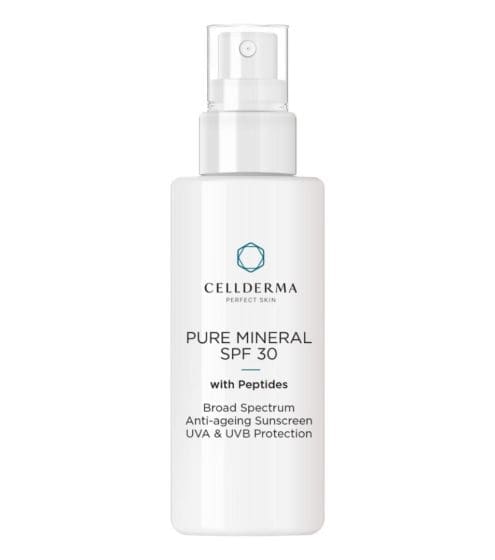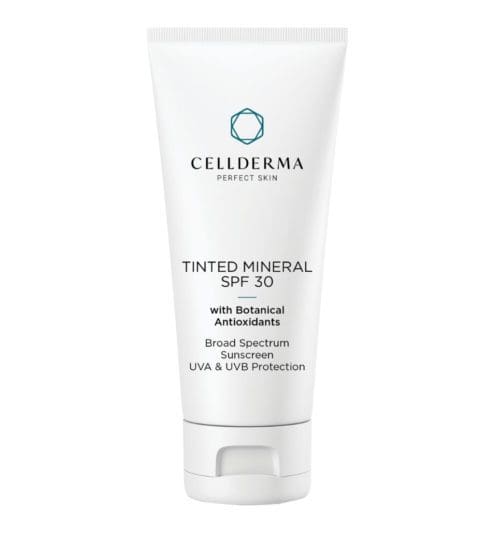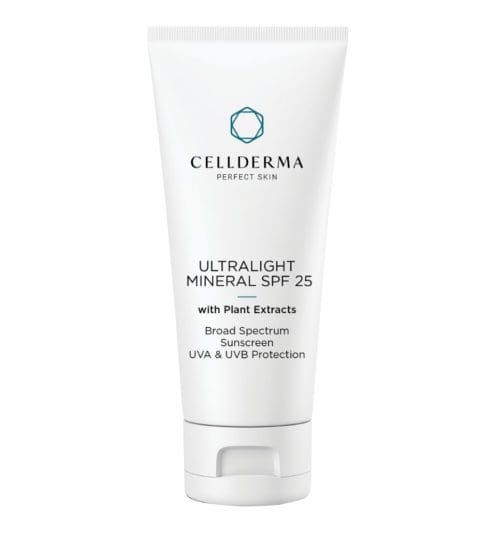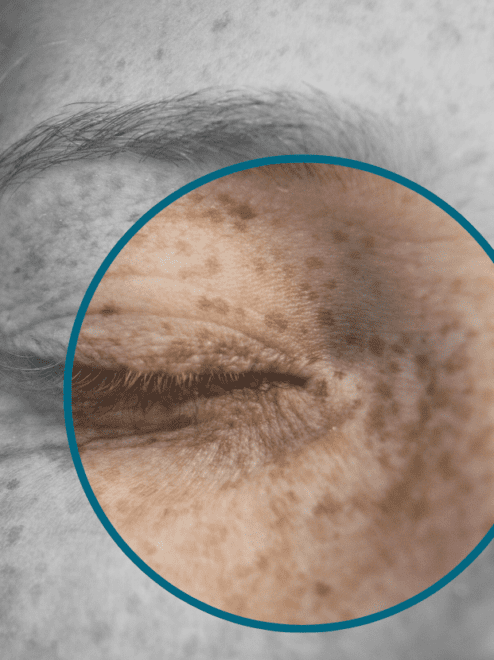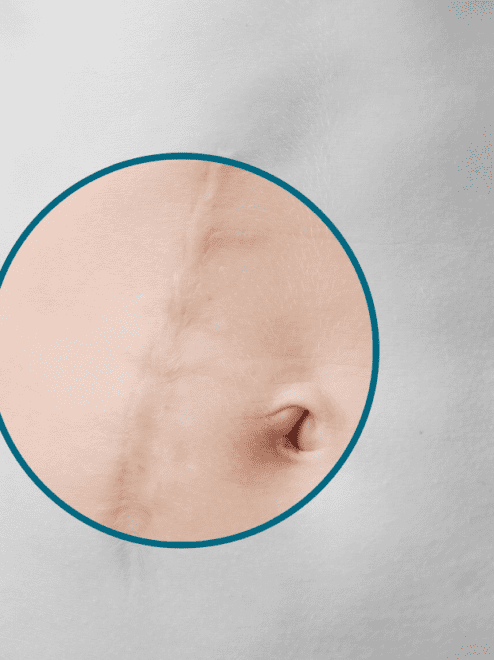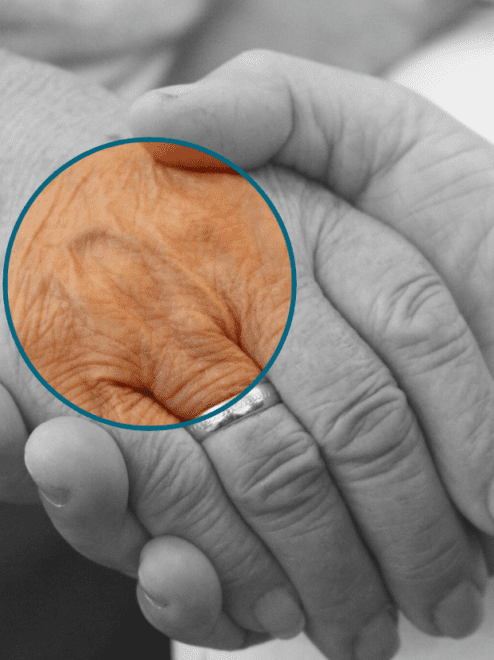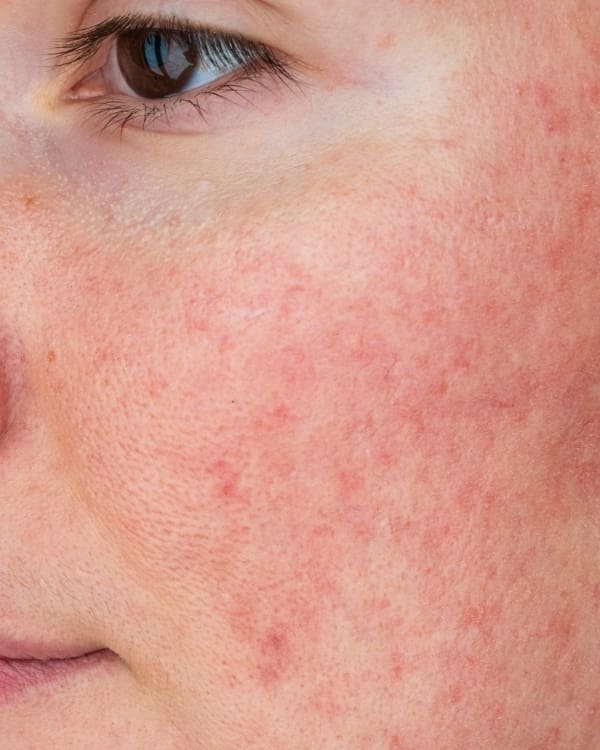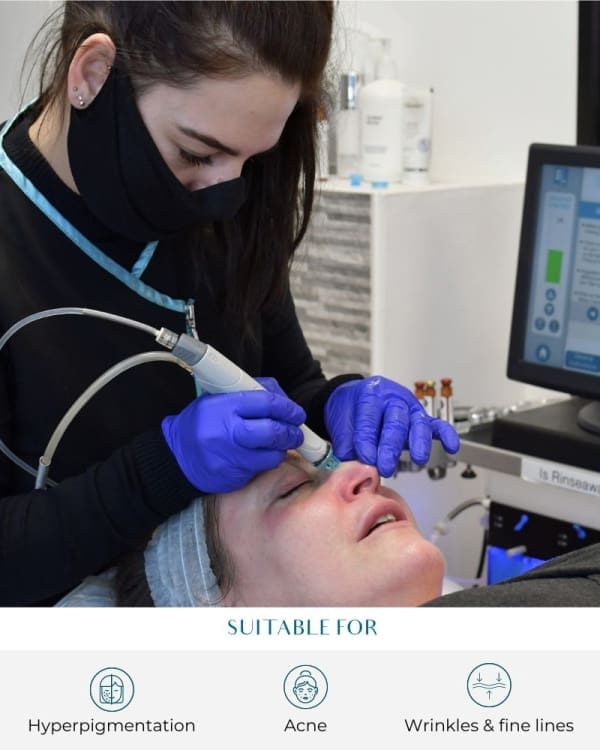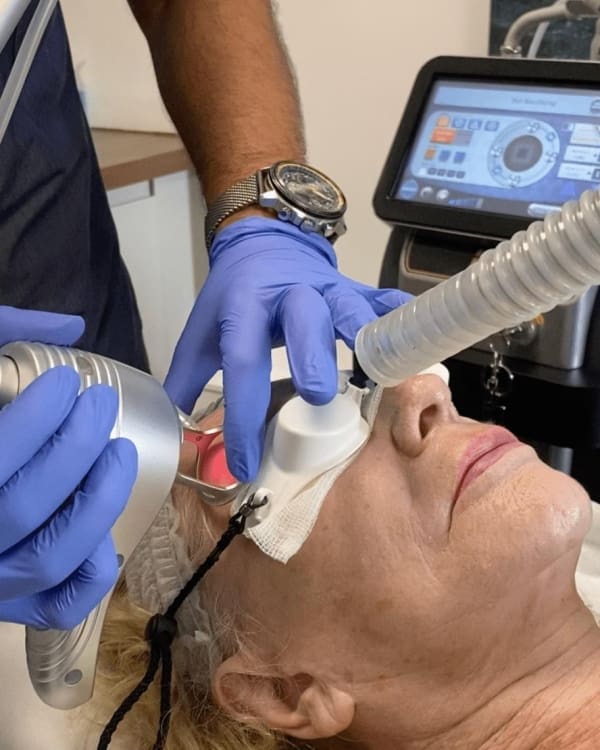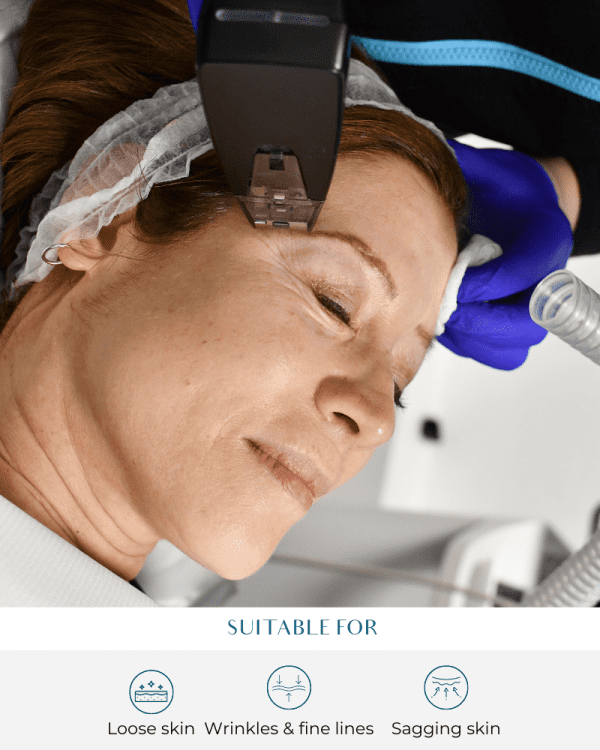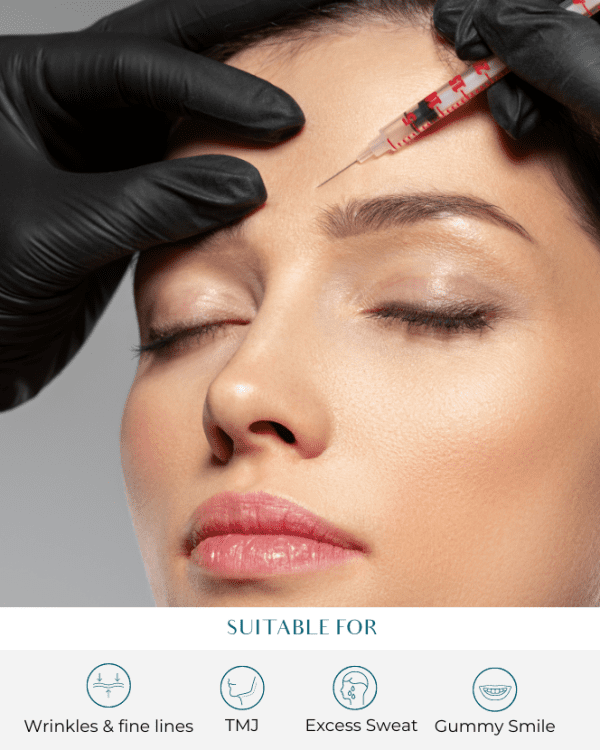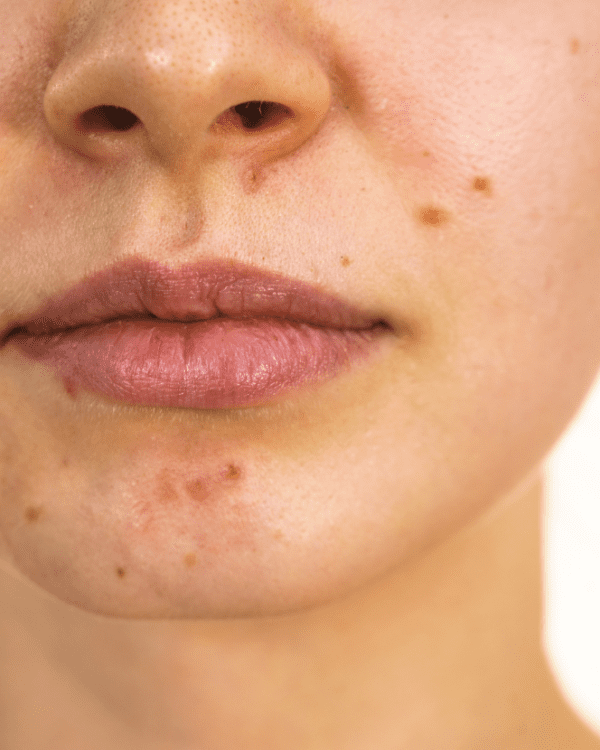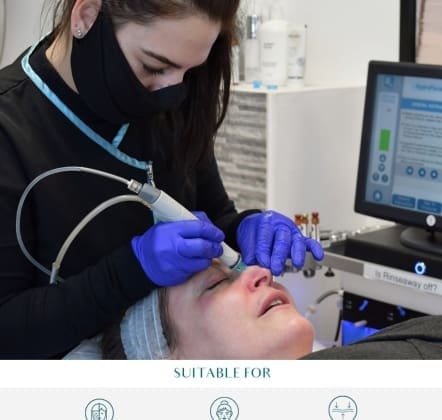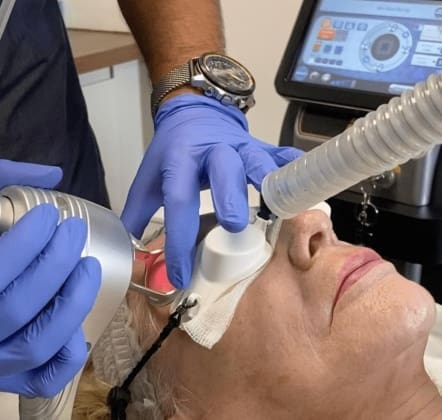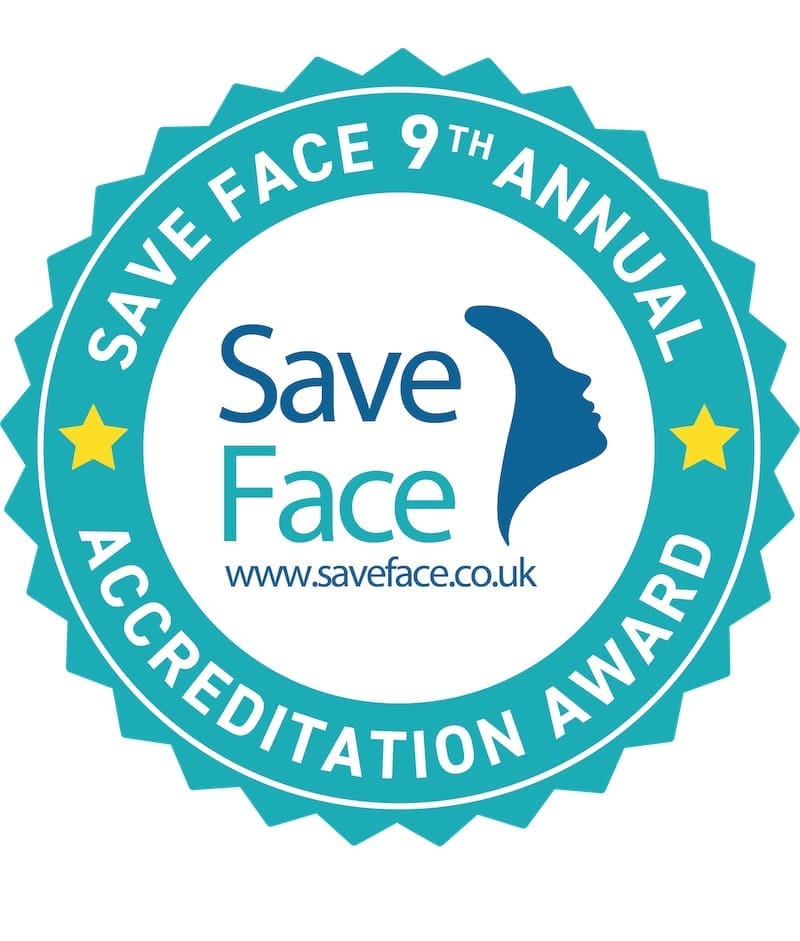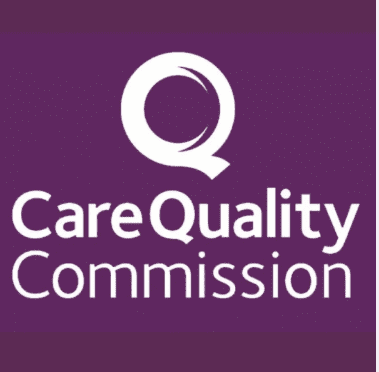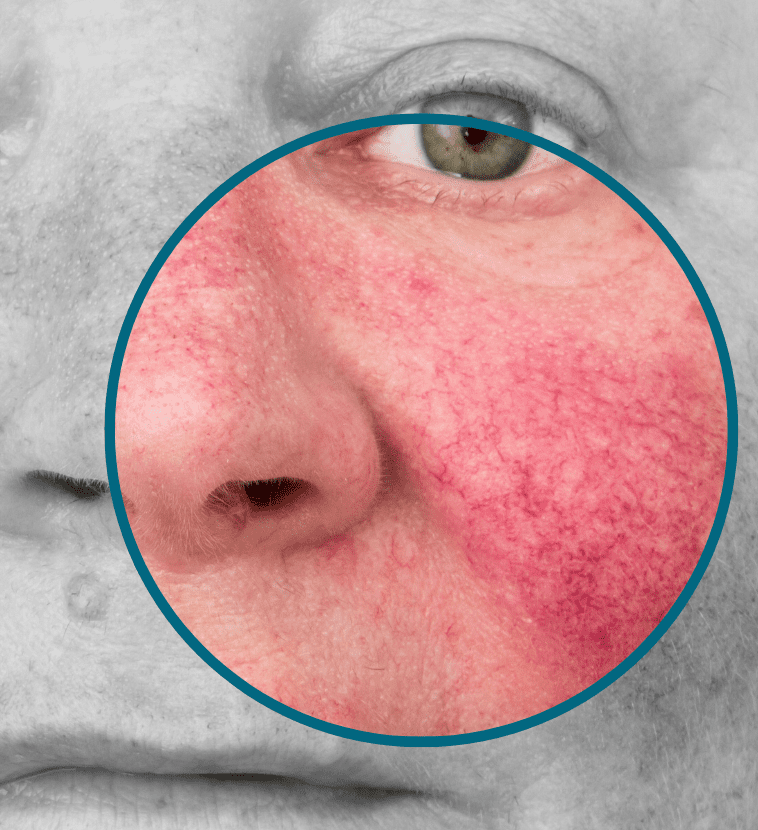

skin Condition
Rosacea / Facial Redness
Rosacea is a chronic inflammatory skin condition that primarily affects the central face, characterized by various rosacea symptoms such as facial redness and visible blood vessels. Here’s a comprehensive overview of rosacea, its symptoms, causes, and treatment options.
Rosacea Treatment
Rosacea is a chronic inflammatory skin condition that primarily affects the central face, characterized by various rosacea symptoms such as facial redness and visible blood vessels. Here’s a comprehensive overview of rosacea, its symptoms, causes, and treatment options.
What Is The Best Treatment For Rosacea?
Rosacea is often best treated by using IPL to remove visible blood vessels and reduce redness. Using gentle skincare products at home to maintain progress is key. Rosacea patients are also encouraged to keep away from
A combination of laser therapy and a skincare routine will help to reduce inflammation and flare-ups. Rosacea is a lifelong condition, and although you may not be able to get rid of it entirely, we can help you control rosacea.
How Do You Reduce Redness From Rosacea?
We also encourage you to avoid skin irritants and extreme temperatures that can make Rosacea worse. Your doctor may prescribe topical medications or oral medication. We always encourage talking to a healthcare professional.
Understanding Rosacea
What are the signs of rosacea?
Rosacea Symptoms
The main symptoms of rosacea include:
- Facial redness and flushing, particularly on the cheeks, nose, chin and forehead
- Visible blood vessels on the face
- Acne-like breakouts with small red bumps or pus-filled pimples
- Burning or stinging sensation on the skin
- Dry, irritated eyes (ocular rosacea)
- Thickened skin, especially on the nose (rhinophyma)
- Persistent redness that does not subside
Individuals with sensitive skin may experience heightened reactions to skincare products and environmental factors.
Rosacea can manifest differently on brown or black skin, making symptoms like flushing less visible and harder to diagnose.
Symptoms may flare up for weeks or months and then subside for a period of time. The severity can range from mild to severe.
Causes and Triggers of Facial Redness
The exact cause of rosacea is unknown, but it likely involves a combination of genetic and environmental factors.
Common triggers that can worsen symptoms include:
- Sun exposure
- Hot or cold temperatures
- Spicy foods
- Alcoholic beverages
- Hot drinks
- Exercise
- Stress
- Certain skincare products
These triggers can make symptoms worse, leading to increased redness and discomfort.
Blood vessel abnormalities and triggers
Diagnosis and Treatment
Dermatologists diagnose rosacea based on the appearance of the skin and symptoms. There is no cure, but various treatments can help control symptoms.
It is crucial to treat rosacea promptly to manage symptoms effectively and prevent the condition from worsening.
Medications
For individuals with severe rosacea, stronger medications may be necessary to control symptoms. Please always consult your doctor before starting any medication.
- Topical treatments like brimonidine gel, azelaic acid, or metronidazole to reduce redness and inflammation
- Oral antibiotics like doxycycline for more severe cases
- Oral isotretinoin for very severe cases unresponsive to other treatments
Laser Treatment and Light Therapies
- Intense pulsed light (IPL) therapy can reduce redness and visible blood vessels
- Laser treatments to remove thickened skin in cases of rhinophyma
Skincare Routine and Self-Care
- Use a gentle, non-irritating skin care routine with products specifically designed for sensitive skin
- Apply sunscreen daily with SPF 30 or higher
- Avoid known triggers like spicy foods or alcohol
- Use artificial tears for dry eyes associated with ocular rosacea
Other Treatments
- Brimonidine gel or oxymetazoline cream to temporarily reduce facial redness
- Camouflage makeup to conceal redness and visible blood vessels
- Surgical treatments to remove excess tissue and reshape the nose in cases of rhinophyma.
Living with Rosacea
While rosacea can be challenging to manage, most people can control their symptoms with proper treatment and lifestyle adjustments. Managing skin redness through lifestyle adjustments and medical treatments is crucial for maintaining healthy skin. It’s important to work closely with a dermatologist to find the most effective treatment plan. Additionally, joining support groups or seeking counseling can help cope with the emotional impact of the condition. Remember that rosacea is a common condition affecting millions of people worldwide. With proper care and management, most individuals with rosacea can maintain healthy skin and lead normal, active lives.

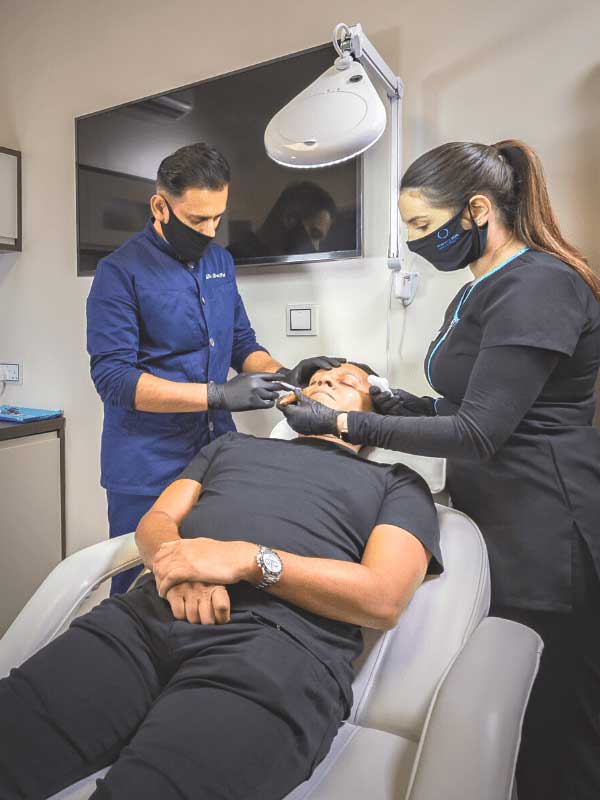

Why have your Rosacea / Facial Redness treated at Perfect Skin Solutions?
We are delighted to be an Acne and Rosacea Association UK Accredited Treatment Centre (ARA UK). This allows us to confidently guarantee and provide sufferers with the correct and accurate information, help and support in achieving the best results in their treatment. We know how important it is to diagnose this condition and recognise the rarer cases of rosacea, by guiding you through your journey to learn how to manage your rosacea and what you need to avoid. We treat each case with care and precision.
Get in contact













